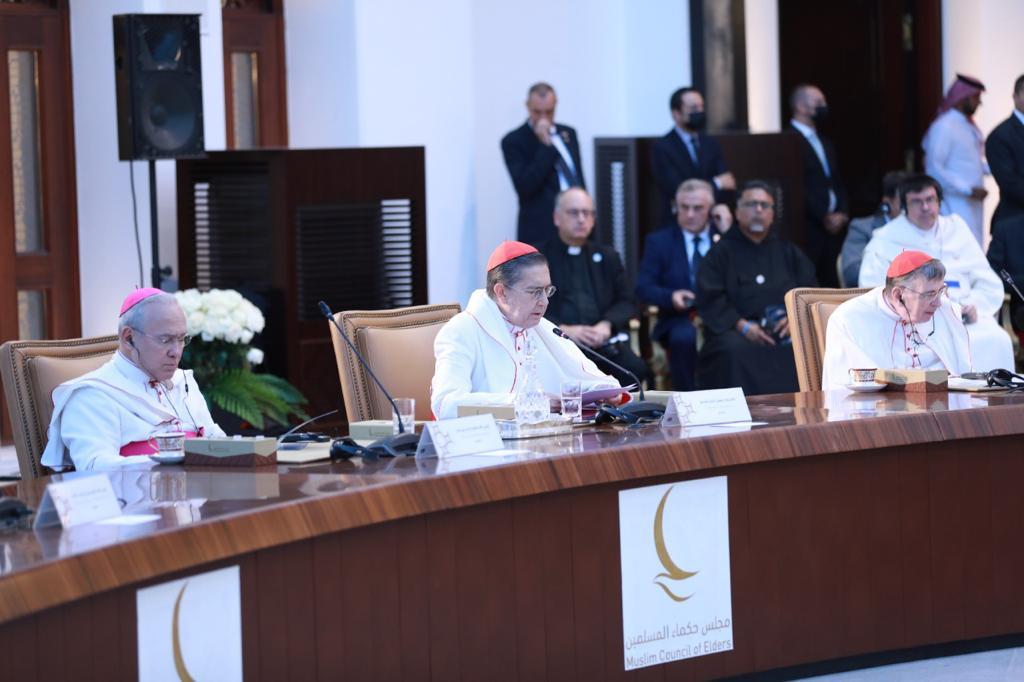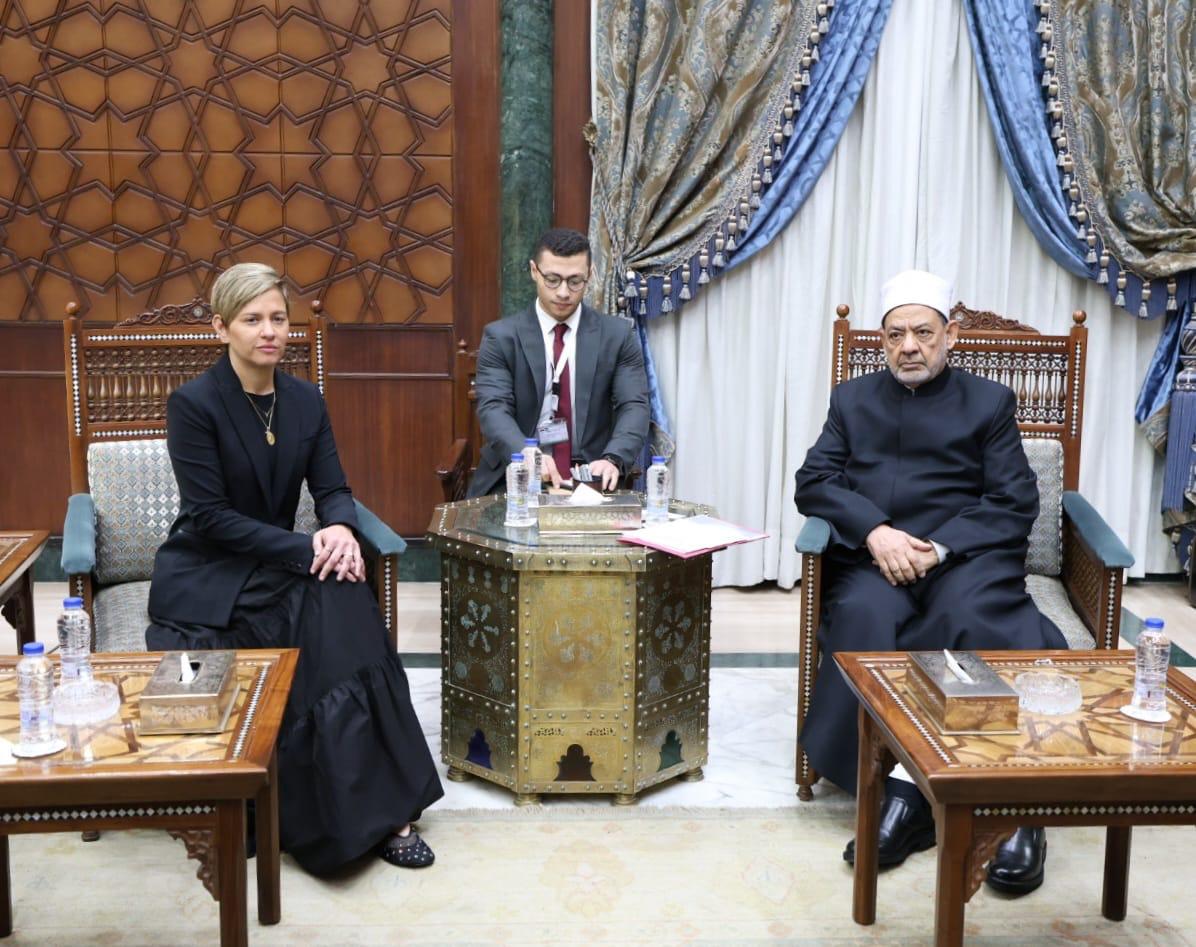The Muslim Council of Elders, led by His Eminence Prof. Dr. Ahmed Al-Tayeb, Grand Imam of Al-Azhar, has affirmed that women are fundamental partners in the development and progress of nations, crucial to shaping both the present and future of societies. The Council emphasized that gender-based violence significantly threatens the social and human fabric, depriving women of their fundamental rights and undermining their ability to contribute effectively to societal advancement and fulfill their aspirations.
In a statement issued to mark the International Day for the Elimination of Violence against Women, observed annually on November 25, the Muslim Council of Elders stated that protecting women and safeguarding their dignity and identity are both a humanitarian priority and a societal necessity. The Council noted that Islam establishes clear principles honoring women and respecting their roles at every stage of life—as mothers, sisters, daughters, and wives. Islam recognizes them as equals to men in rights and responsibilities, fully affirming their rights without any diminishment. It prohibits any form of harm or violence against them and advocates for their kind and respectful treatment. The Prophet Muhammad, peace be upon him, is quoted as saying: "The best of you is he who is best to his family." The Council also called for the development of comprehensive strategies to tackle gender-based violence, including enacting laws that ban such acts and reinforce values of mutual respect.
The Muslim Council of Elders has stressed that imposing specific identities or roles on women that contradict their values, culture, and religion constitutes a clear violation of their rights and an infringement on their freedom. The Council referred to the Document on Human Fraternity, which was signed by His Eminence Prof. Dr. Ahmed Al-Tayeb, Grand Imam of Al-Azhar and Chairman of the Muslim Council of Elders, along with His Holiness Pope Francis, Pontiff of the Catholic Church, in Abu Dhabi in 2019. This landmark document emphasizes the urgent necessity of women's rights to education, work, and the exercise of their legal rights. It calls for the liberation of women from historical and social pressures that are contrary to the tenets of their faith and dignity, the cessation of all inhumane practices and customs that demean women, and the revision of laws that hinder women from fully realizing their rights.

